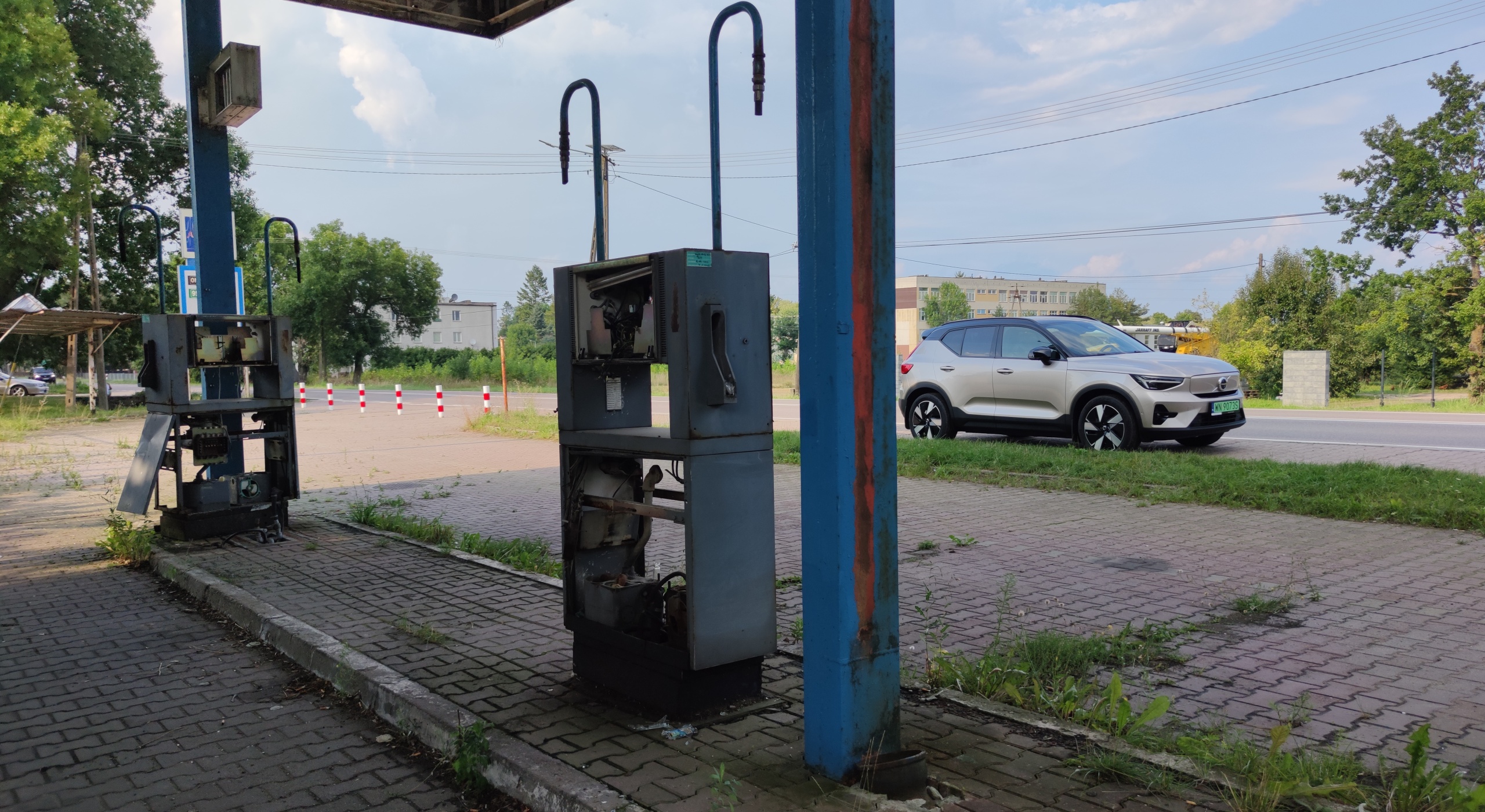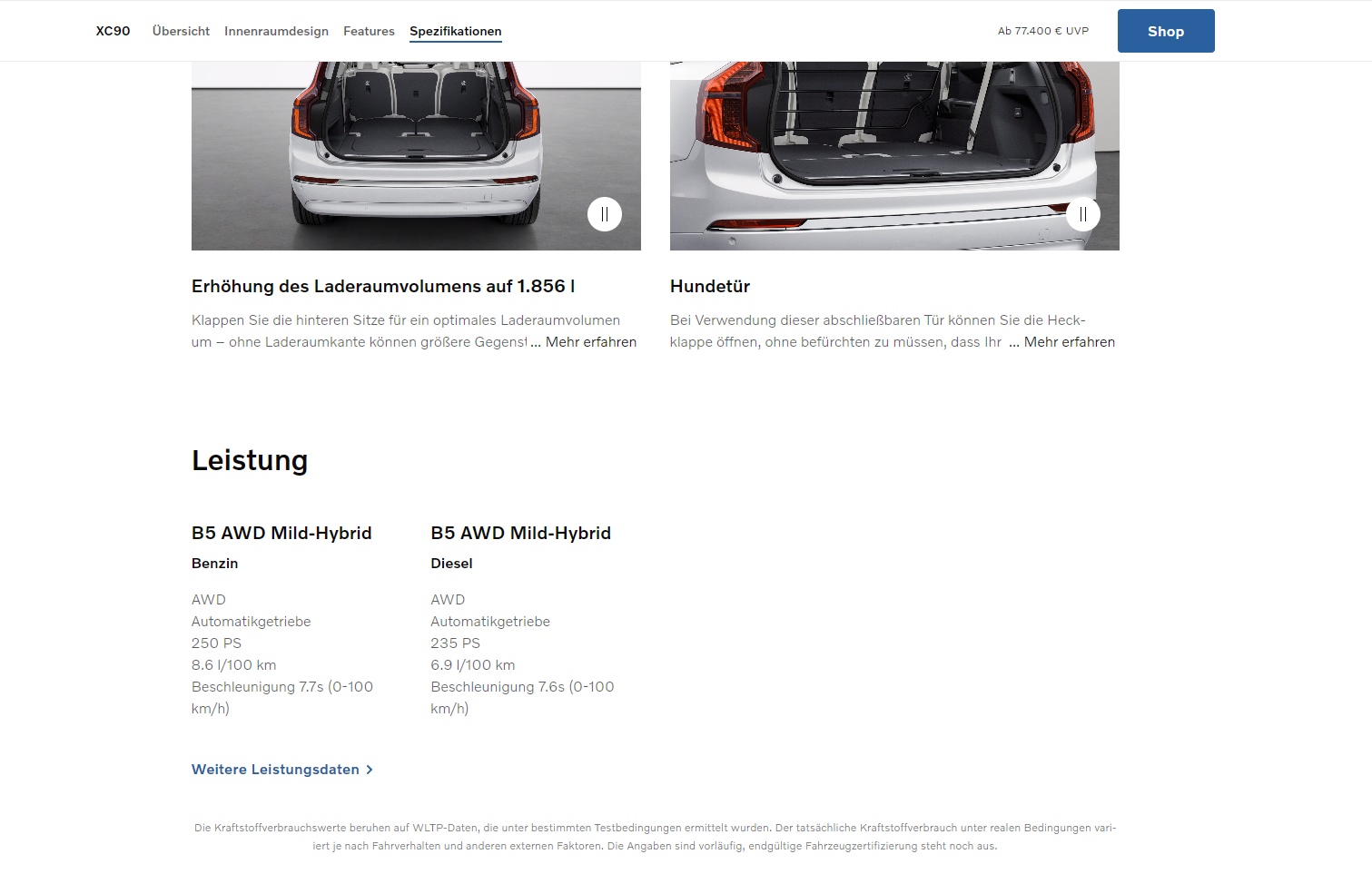Just four years ago, in 2019, diesel vehicles accounted for the majority of Volvo cars sold in Europe. Now the manufacturer is announcing that it will end their production in early 2024. Only cars with gasoline engines (including hybrids) and electrics will leave the factories. In 2030, it will be only electrics.
The end of diesel at Volvo
“Electric powertrains are our future, and superior to combustion engines: they generate less noise, less vibration, less servicing costs for our customers and zero tailpipe emissions,” said Jim Rowan, CEO at Volvo Cars. The company is expected to be focused on creating a wide range of electrics, in response to customer expectations and the brand’s response to climate change (source).
In 2019, diesel engines were the mainstay of Volvo (and not just Volvo) sales in Europe, with electrified models just beginning to appear. At the beginning of 2024, diesel-powered cars will cease to be produced at Volvo. Thus, the brand, owned by China’s Geely, will become the first traditional manufacturer to discard diesels from its lineup. The news was announced during NYC Climate Week.
Currently, Volvo has only pseudo-hybrid models, the B4 and B5 (e.g. Volvo XC60 B4), in its European lineup, with no older Dx-es. According to the official measurement procedure, diesels smoke less than gasoline variants, so their carbon dioxide emissions are lower. It would therefore seem more logical to rather discard gasoline engines from the range, since we’re talking about a desire to lower CO2 emissions. Volvo is aware of this, and stresses that cars burning diesel emit nitrogen oxides in addition to carbon dioxide, which worsen air quality, especially in cities.

